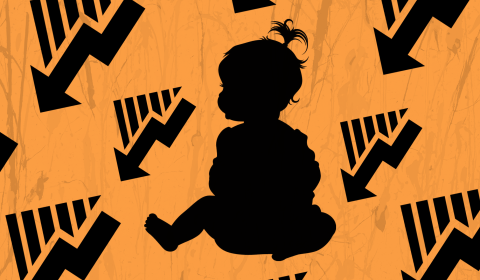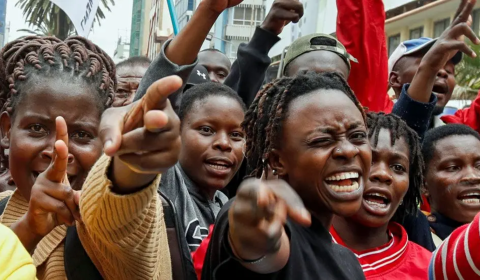WARNING: This article discusses acts of violence and sexual assault. Reader discretion is advised. Across Northern Nigeria, kidnappings have become a source of income for local criminal gangs targeting school children for huge ransoms.
At the beginning of this year, a number of hostages, mostly women and children, were released after two months of abduction by bandits.
Kidnappings have become a worrying trend in Nigeria, mostly in the north-western region of the country. Over the years, reports kidnapped victims have mounted. According to UNICEF, over 1 million school children stopped going to school due to abduction fears.
It has become one of the biggest national Nigerian security challenges. In 2021, thousands of school children from both boarding and day schools were abducted by gunmen. While others managed to escape, teachers were also taken. The victims were kept for months for ransom and others killed.
Breaking the abduction numbers down
Northern Nigeria leads in abductions and Islamist groups such as Boko Haram have continuously taken control of the remote areas.
The kidnappings began as politically motivated in the Niger Delta region. Since then, it has evolved into a quick business for local gangs who target school children, women, and other workers.
Over the years, terrorist groups such as Boko Haram have mass kidnapped students and demanded huge ransoms from parents, or the government.
Some young victims have been brainwashed into joining the group and committing suicidal attacks and kidnaps as well. Some girls have been forced into early marriage or rape and have given birth during their release after months of abduction.
A number of these militia groups are against Western education and outright condemn it.




















